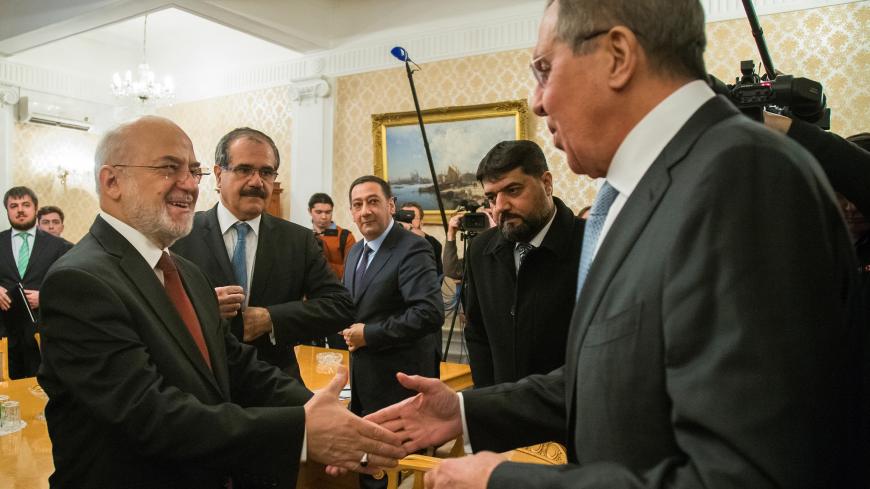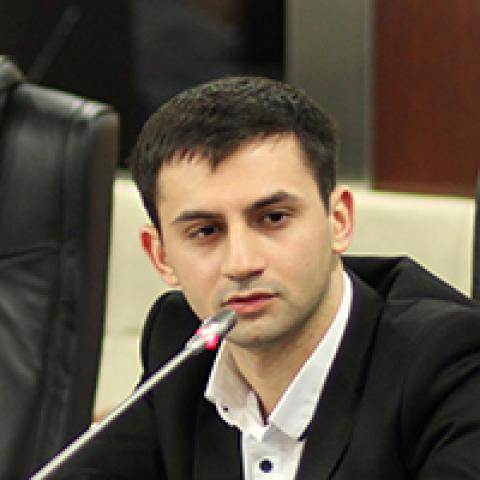p.p1 {margin: 0.0px 0.0px 0.0px 0.0px; text-align: justify; text-indent: 47.2px; font: 19.0px Verdana; -webkit-text-stroke: #000000} span.s1 {font-kerning: none} span.s2 {font: 16.0px Verdana; font-kerning: none} span.s3 {text-decoration: underline ; font-kerning: none; color: #042eee; -webkit-text-stroke: 0px #042eee} As Iraq was going through the complicated process of forming a new government, Russia was watching closely. Now that the election cycles in both countries have finished, Moscow hopes the two countries can consolidate their relationship. The main elements of Russian foreign policy remain unchanged for the most part under the new Iraqi government, though some positive shifts can already be seen.
A new political reality was shaped during the four-year term of outgoing Prime Minister Haider al-Abadi, and the peaceful transition of power through elections has basically strengthened the trend toward stabilization in the Middle Eastern country. Under these conditions, Moscow and Baghdad have serious potential to develop further cooperation.



